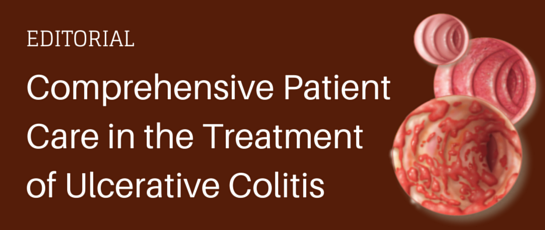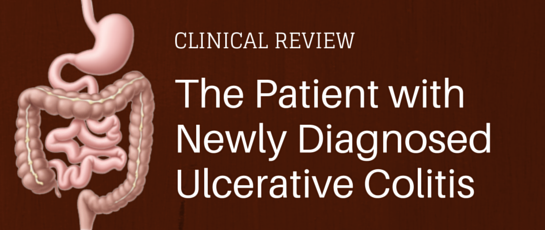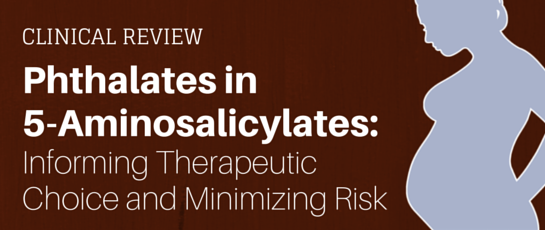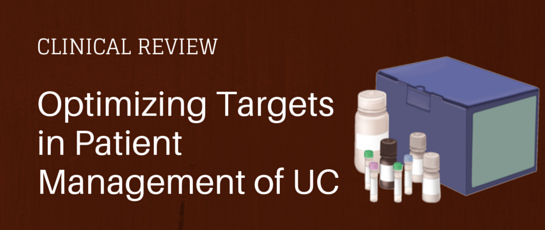The Latest in Ulcerative Colitis Care

Comprehensive Patient Care in the Treatment of Ulcerative Colitis
With this special issue of the Journal of Current Clinical Care (JCCC), we aim to provide community healthcare professionals (HCPs) with practical clinical insight and support in managing patients with ulcerative colitis (UC)—both those who are newly diagnosed as well as those who have responded to medical therapy and are in remission.

The Patient with Newly Diagnosed Ulcerative Colitis
Informed patients are one of the most important assets available in the management of patients with ulcerative colitis. Clinical experience reinforces that most patients have similar questions upon diagnosis.

Phthalates in 5-Aminosalicylates
5-Aminosalicylates (5-ASAs) are considered first-line therapy for mild to moderate ulcerative colitis because of their proven effectiveness and safety profile, even in pregnancy. One formulation, however, contains dibutyl phthalate (DBP) in its coating. Though DBP may cause disruptions in utero reproductive development and other congenital abnormalities in rodents, it is unclear whether it leads to physiologically significant fetal abnormalities in humans.

Case Study: Ulcerative Colitis
A 28-year-old male presented to our office for a consultation about his bloody bowel movements. Colonoscopy revealed moderately active left-sided ulcerative colitis extending from the anal verge up to the mid-descending colon. He was prescribed both oral and rectal 5-ASAs for induction therapy, and is in remission. Appropriate patient education has helped him realize that the best chance of staying in remission is to continue on his medical therapy.

Optimizing Targets in Patient Management of Ulcerative Colitis
Although medical therapy for ulcerative colitis is usually effective at inducing clinical remission, numerous studies have shown that patients in clinical remission may have ongoing and varying degrees of mucosal inflammation. It appears that patients who have greater degrees of active mucosal inflammation, despite the absence of clinical symptoms, are at higher risk of developing a symptomatic flare in the near term.

Patient Education
Ulcerative colitis (UC) is a chronic relapsing and remitting inflammatory condition of the large intestine. (Inflammation is a localized protective reaction of tissue to irritation, injury, or infection. It is characterized by pain, redness, swelling, and sometimes loss of function.)
